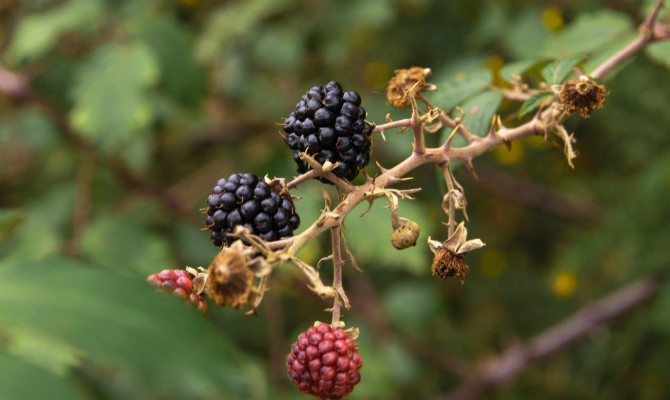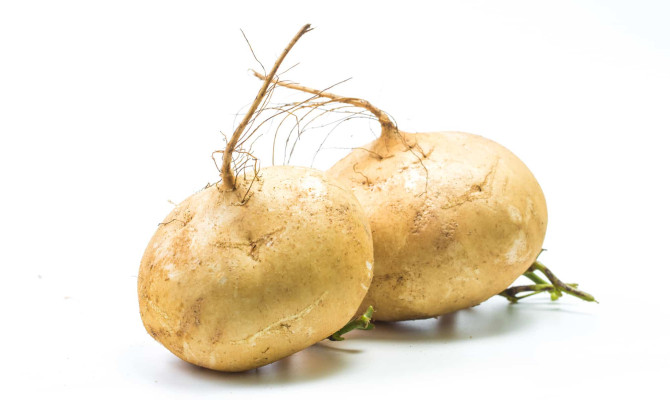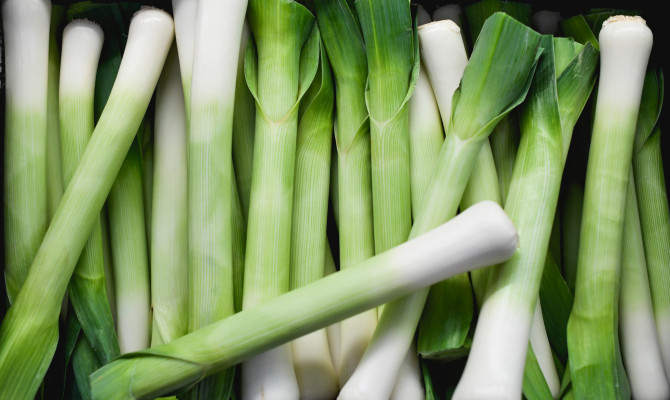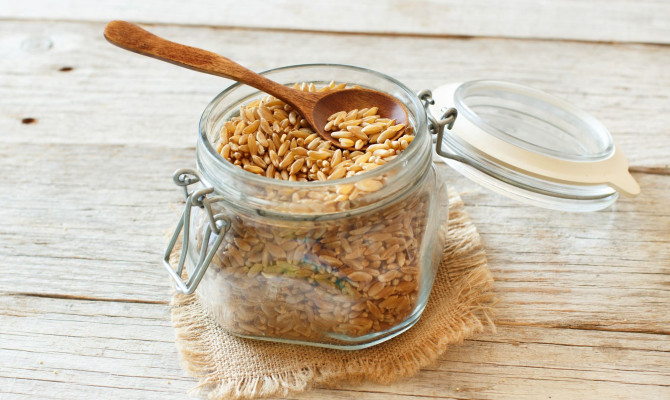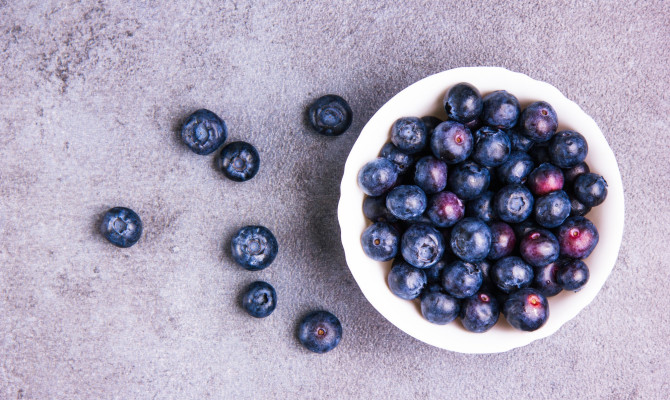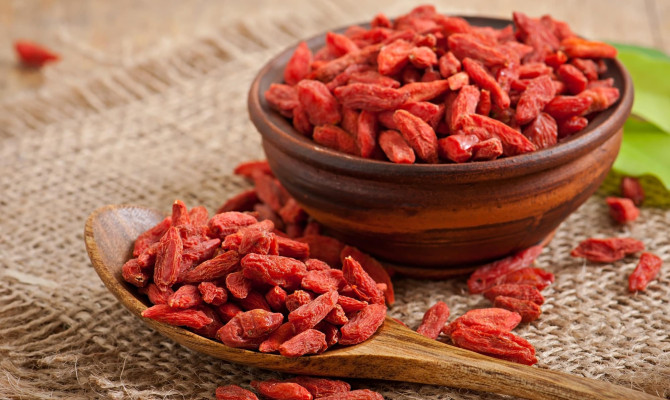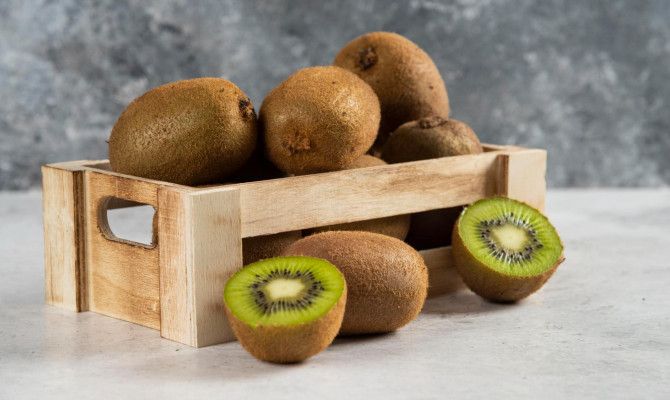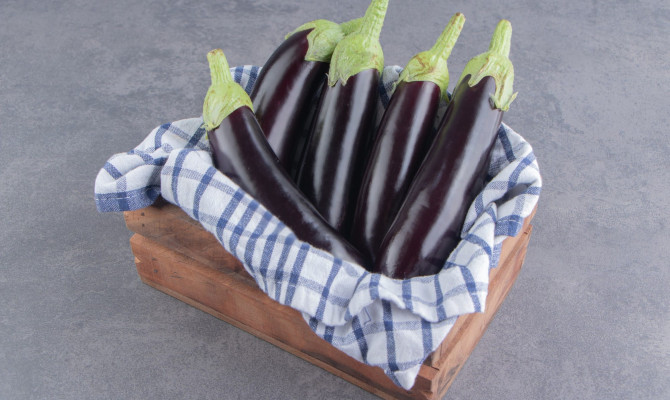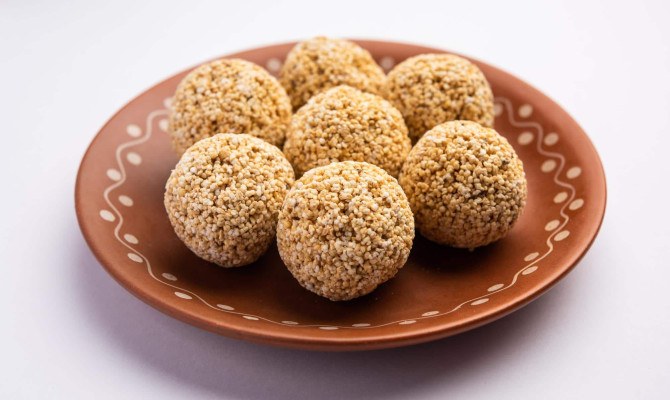Know about benefits of Beetroot

- Beetroot
- 16 Aug 2023
Overview
What are Beetroots?
Beetroots are sweet and vibrant vegetables rich in vital vitamins, minerals, and healthy substances, many of which have health benefits. These are beet plants’ taproots, which are often known as beets. The leaves, which are also edible and frequently tinged, look lovely and can be cooked like spinach or consumed raw when young and offer a splash of color to salads. They are called beet greens. The nutritional content of beets, their many health advantages, side effects, and precautions are all covered in this article.
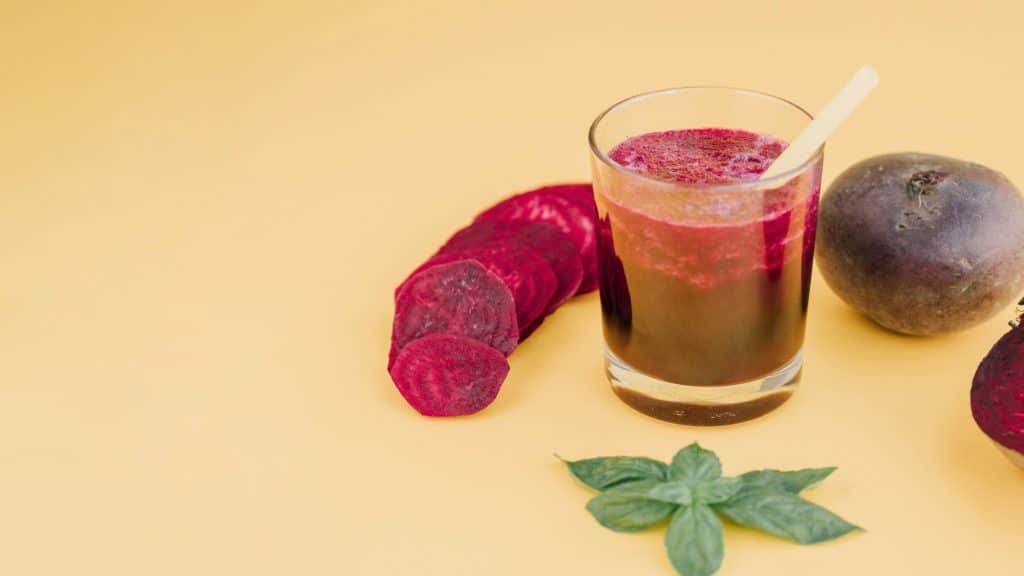
Key Facts
- It is one of the many Beta vulgaris varieties farmed for its delicious taproots and leaves.
- Other names for beetroot may include garden beets, dinner beets, table beets, red beets, and golden beets.
- The color of roots can also suggest their flavor; darker roots typically have a richer, earthier flavor, while pale roots have a milder, sweeter taste.
Nutritional value
Nutrition in Beet roots
The following nutrients are found in one cup (136 g) of raw beet 1Nutritional value| Researched based study from Usda.gov
- Calories – 58.5 kcal
- Water – 119 g
- Protein – 2.2 g
- Carbohydrates – 13 g
- Fiber – 3.81 g
Minerals
- Potassium – 442 mg
- Sodium – 106 mg
- Phosphorus – 54.4 mg
- Magnesium – 31.3 mg
- Calcium – 21.8 mg
- Iron – 1.09 mg
- Zinc – 0.5 mg
- Copper – 0.102 mg
- Manganese – 0.447 mg
- Selenium – 0.952 µg1Nutritional value| Researched based study from Usda.gov
Vitamins
- Vitamin C – 6.66 mg
- Thiamin – 0.042 mg
- Riboflavin – 0.054 mg
- Niacin – 0.454 mg
- Pantothenic acid – 0.211 mg
- Folate – 148 µg
- Vitamin E – 0.054 mg
- Vitamin A – 44.9 IU (Vitamin A – 2.72 µg Rae)
- Vitamin K – 0.272 µg
*Rae-retinol activity equivalents for daily dose
Other compounds
- Beta carotene – 27.2 µg
- Choline, total – 8.16 mg
Active phytonutrients
- Betaines
- Flavonoids
- Nitrates 1Nutritional value| Researched based study from Usda.gov
Health Benefits
What are the health benefits of beetroot?
There are numerous health advantages of beetroot, including:
- Treats anemia
- Lowers blood pressure
- Improves heart health
- Fights inflammation
- Regulates blood sugar level
- Helps lose weight
- Improves digestive health
- Improves kidney health
- May improve brain health
- Improves athletic performance
- Enhances female reproductive health
- Improves skin health
- Prevents cancer
Treats anemia
- By quickly and effectively raising the Hb level quickly and effectively, beetroot juice can treat anemia. 2Health benefits| Researched based study from Bbrc.in
- It has a high iron level and potassium, fiber, and folic acid, thus making it one of the best ways to raise hemoglobin levels.
Lowers blood pressure
- Beetroot is rich in potassium and dietary nitrates, which relaxes blood vessels, produces healthy blood vessel walls, and decreases a person’s blood pressure.3Health benefits| Researched based study from Nlm.nih.gov
Improves heart health
- Due to their high folate (vitamin B9) and dietary nitrate content, beets aid in preventing blood vessel damage and lower blood pressure, which are significant risk factors for heart disorders such as heart failure, stroke, heart attacks, and other potentially fatal ailments. 4Health benefits| Researched based study from Nlm.nih.gov
Fights inflammation
- Betalains and beetroot extracts are now recognized as effective anti-inflammatory agents that interfere with inflammatory signals.
- Supplementing with beetroot provides anti-inflammatory protection, but extensive research is needed. 5Health benefits| Researched based study from Nlm.nih.gov
Regulates blood sugar level
- Beetroot juice benefits Type 2 diabetes patients by lowering blood glucose levels, efficiently reducing insulin resistance, and lowering blood cholesterol.6Health benefits| Researched based study from Nlm.nih.gov
Helps lose weight
- Beets have a high-water content, a moderate level of protein and fiber, and few calories. Thus, it can balance a person’s calorie intake and increase their diet’s nutritional value.
Improves digestive health
- Beets are rich in fiber and help the gut’s beneficial bacteria increase, thus promoting digestive health and preventing constipation.7Health benefits| Researched based study from Clevelandclinic.org
- Also, due to having a lot of good bacteria in the digestive tract, the person’s immunity gets stronger and fights off diseases more effectively.8Health benefits| Researched based study from Nlm.nih.gov
Improves kidney health
- Consuming beetroot can improve kidney function, slow kidney disease progression, and reduces the risk of death in patients with long term kidney disease related to diabetes and high blood pressure.6Health benefits| Researched based study from Nlm.nih.gov
May improve brain health
- Beetroot juice enhances nitric oxide concentration, lowers blood pressure, and increases blood flow to the brain, hence enhancing brain health and being beneficial for cognitive issues like Alzheimer’s, dementia, etc. 8Health benefits| Researched based study from Nlm.nih.gov
Improves athletic performance
- During exercise, the heart and lungs function more effectively thanks to beetroot and its juice.
- Beets’ nitric oxide improves blood flow to muscles.
- To enhance performance, some athletes consume beetroot or juice before exercise.9Health benefits| Researched based study from Nlm.nih.gov
Enhances female reproductive health
- Daily use of beetroot juice and other nutritious foods that promote blood flow, such as pomegranate or berries, is advised to thicken the uterine lining.
- Its folate content may also aid in embryo implantation and lower the chance of miscarriages.
- Beetroot consumption is strongly advised during pregnancy to prevent neural tube disorders like spina bifida in developing children.10Health benefits| Researched based study from Researchgate.net
Improves skin health
- Due to beets’ high vitamin C content 11Health benefits| Researched based study from Nlm.nih.gov , some people believe they are healthy for the skin since they can protect it against acne and other aging symptoms like wrinkles and can speed up the healing of wounds by promoting the synthesis of collagen.
- Certain molecules involved in the formation of melanin can be inhibited by the betaine found in beetroot, preventing skin darkening. 12Health benefits| Researched based study from Nlm.nih.gov
- The betaine in beets may have skin-lightening properties as they decrease the amount of intracellular melanin.13Health benefits| Researched based study from Nlm.nih.gov
Prevents cancer
- According to research on animals, beets appear to block the generation of carcinogens and boost the production of bodily enzymes and immune cells that assist in preventing the onset of cancer. 14Health benefits| Researched based study from Aicr.org
- Betalains can help prevent cancer and other disorders by reducing inflammation.
Side effects
Side effects
Any side effects from taking beetroot are short and may go away quickly:
- Red-colored stool 15Side effects| Researched based study from Nlm.nih.gov
- Red or pink urine
- Diarrhea in some
- Kidney stones (In large doses)
- Gout is a type of arthritis. (In large quantities)
Precautions
Precautions
- It is normal for stool to turn red after eating beets and people should not panic. It is just the healthy pigment of the beetroot.
- In addition, beetroot juice consumption may cause stomach irritation in people with gastrointestinal disorders.
- Because beets are high in oxalates and might cause kidney stones, people with kidney stones or those with a history of developing them should avoid them or consume them in moderation.16Precautions| Researched based study from Kidney.org
- Gout sufferers should avoid beets since oxalates can exacerbate or worsen the condition.
Bottom line
The bottom line
An extremely healthy vegetable, beets can be consumed in various ways. They can be eaten cooked, raw, in salads, in the form of juices, pickled, or roasted. Choose beets that feel heavy for their size and still have fresh, green leaves that are not wilted. They can also be bought as beet powder and sprinkled on dishes like pizza and pasta. They have numerous health advantages and can be safely taken daily. However, people with kidney stones, or gout should consult with a doctor.
Any feedback on this article?
 This Articles content was accurate
This Articles content was accurate Very Informative Article
Very Informative Article I have a question or a comment
I have a question or a comment
 This article contains inaccurate content
This article contains inaccurate content This article was not helpful
This article was not helpful I have a question or a comment
I have a question or a comment
We appreciate your helpful feedback!
Checkout our social pages
References
-
U.S. DEPARTMENT OF AGRICULTURE
Beets, raw | Nutritional Values
-
Biochemical and Biophysical Research Communications
Effect of Beetroot Juice on Anaemic Patients -an Analytical Study | Health Benefits
-
National Library of Medicine
Effect of beetroot juice on lowering blood pressure in free-living, disease-free adults: a randomized, placebo-controlled trial | Health Benefits
-
National Library of Medicine
Beetroot juice reduces infarct size and improves cardiac function following ischemia–reperfusion injury: Possible involvement of endogenous H2S | Health Benefits
-
National Library of Medicine
The Potential Benefits of Red Beetroot Supplementation in Health and Disease | Health Benefits
-
National Library of Medicine
Functional properties of beetroot (Beta vulgaris) in management of cardio-metabolic diseases | Health Benefits
-
Cleveland clinic
5 Health Benefits of Beets | Health Benefits
-
National Library of Medicine
Effects of Dietary Nitrates on Systemic and Cerebrovascular Hemodynamics | Health Benefits
-
National Library of Medicine
Effects of Beetroot Juice Supplementation on Cardiorespiratory Endurance in Athletes. A Systematic Review | Health Benefits
-
Research Gate
Effect of different doses of lyophilized beetroot on fertility and reproductive hormones | Health Benefits
-
National Library of Medicine
The Roles of Vitamin C in Skin Health | Health Benefits
-
National Library of Medicine
Natural skin-whitening compounds for the treatment of melanogenesis (Review) | Health Benefits
-
National Library of Medicine
Betaine reduces cellular melanin content via suppression of microphthalmia-associated transcription factor in B16-F1 murine melanocytes | Health Benefits
-
American Institute for Cancer Research
Are beets really nutritious? | Health Benefits
-
National Library of Medicine
Beeturia | Side effects
-
National Kidney Foundation
6 Easy Ways to Prevent Kidney Stones | Precautions












